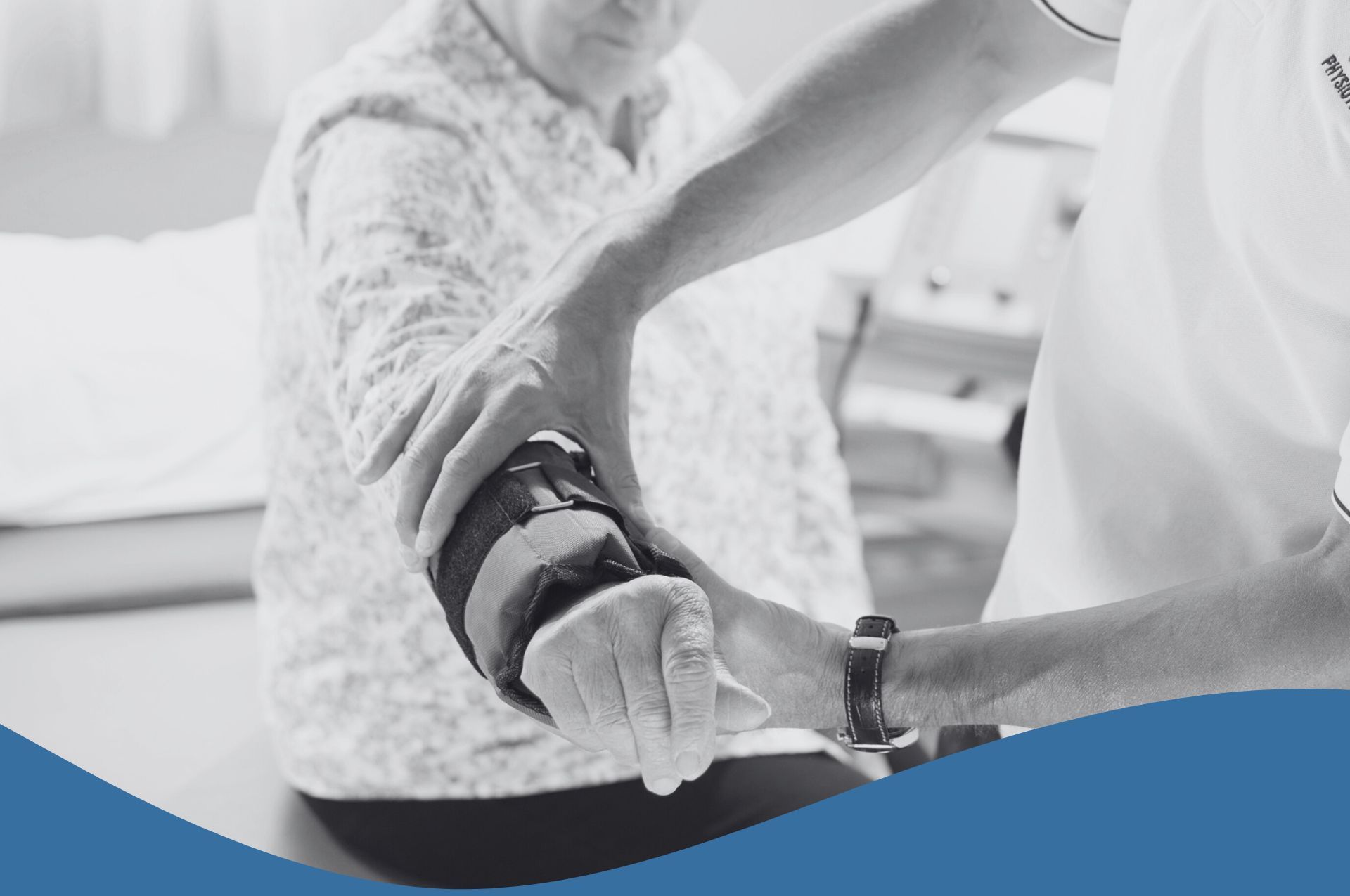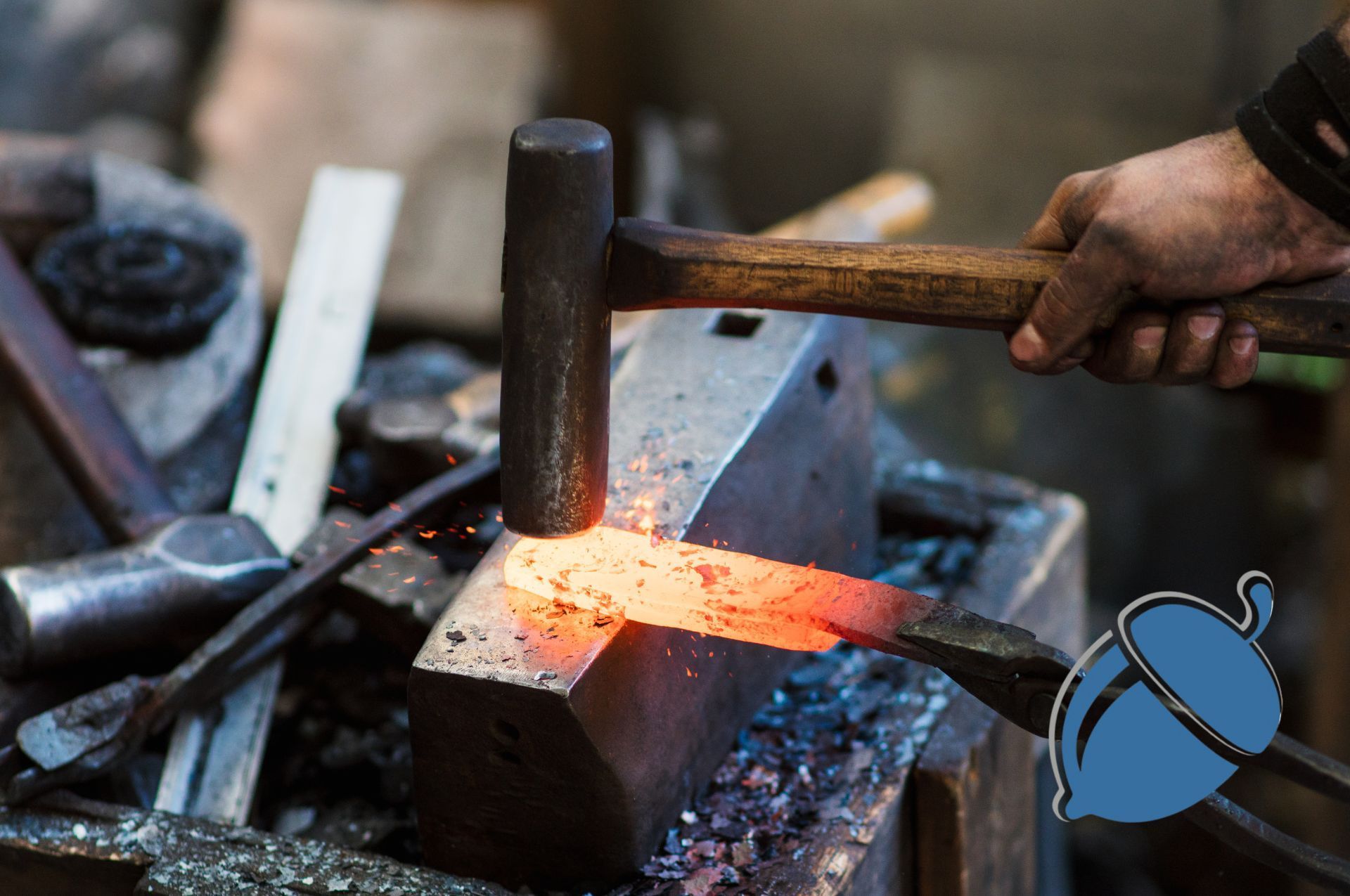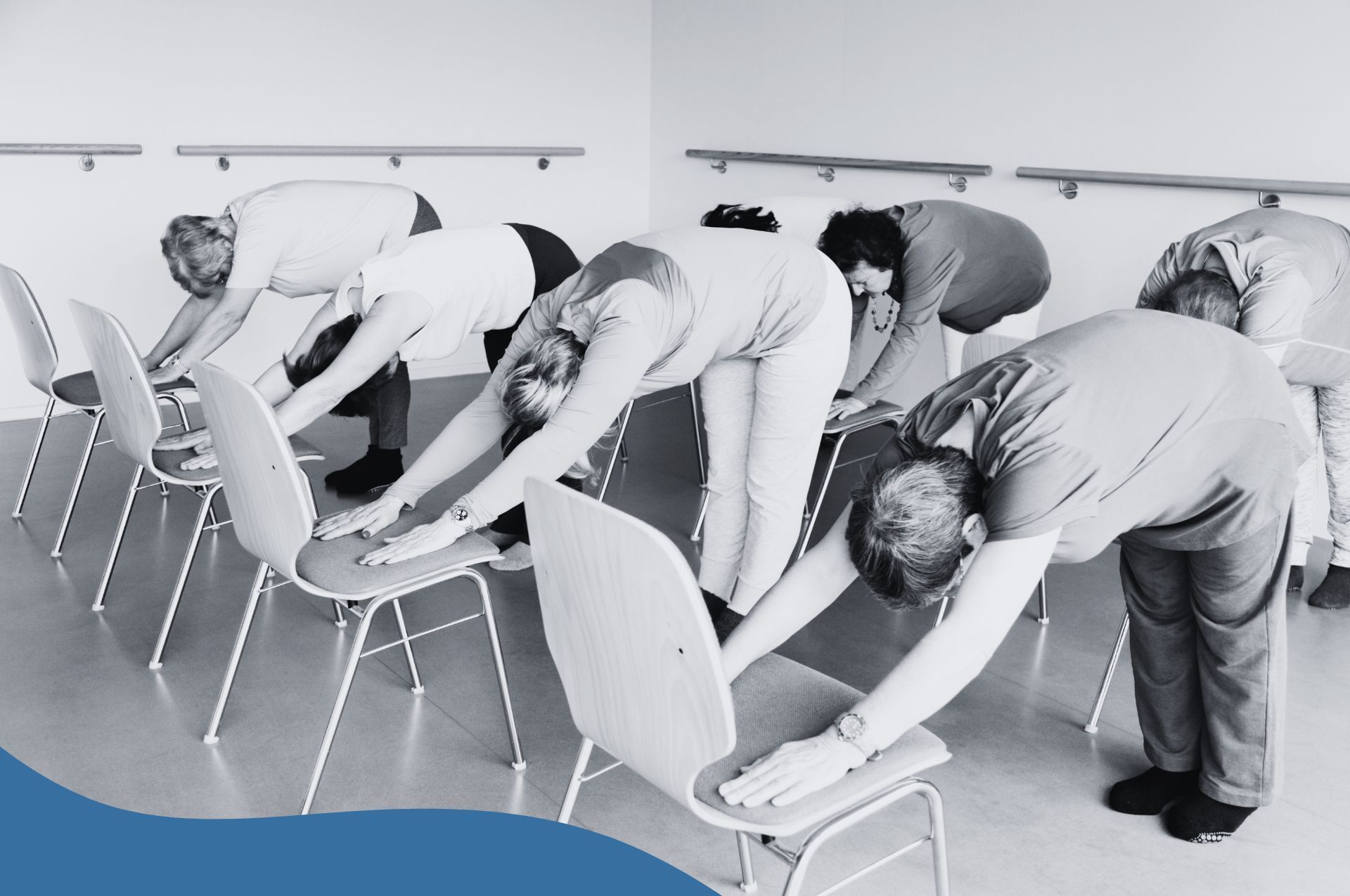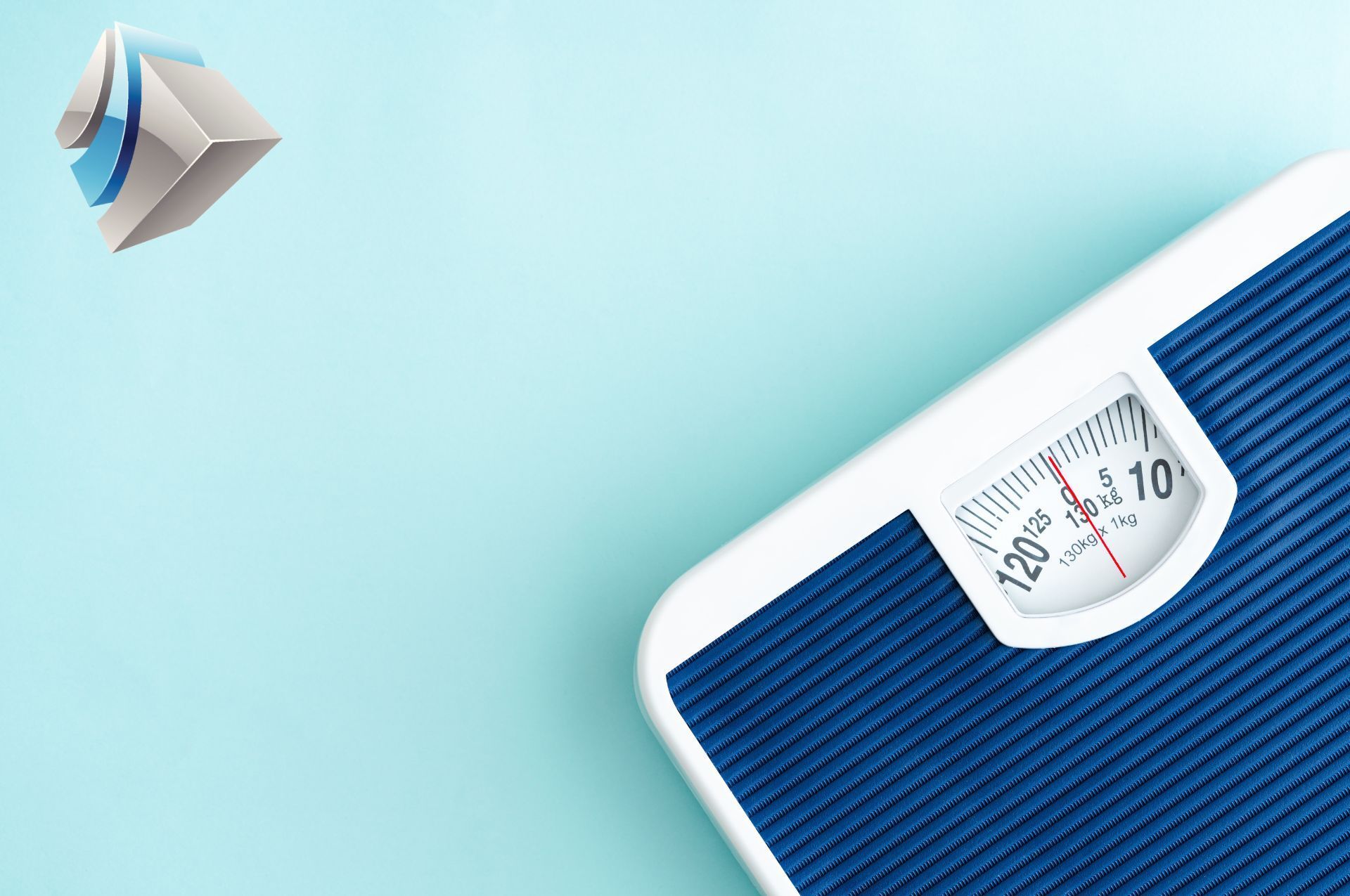How Does Sleep Help with Recovery?
A good night's sleep is essential if you want to be alert and ready or whatever lies ahead. Without it, it can be difficult to focus, mistakes become more likely, and you will generally feel terrible.
But sleep does more than just help you feel refreshed mentally; it is also essential for physical well-being. After all, while treatments like acupuncture are effective at helping to relieve aches and pains, any doctor will tell you that the best solution is to get plenty of rest.
This is because our bodies become most effective at maintaining and repairing themselves when we're fast asleep. And it's not just injuries from accidents etc, that we may need to recover from. For example, spending a day walking will place a lot of stress on your joints and muscles, causing wear and tear that must be repaired.
Regardless of the nature of your injuries, sleep helps with recovery for various reasons. This article looks at some of those reasons.
Our Immune System Never Sleeps
Even when we are in a deep sleep, our immune systems are still hard at work. Our immune systems are our bodies' most effective protection against harm, whether from pathogens or physical injury. And not only does our immune system continue working hard when we're sleeping, but it can even work harder than usual.
When we fall asleep, our immune systems effectively switch into repair mode. More resources are made available for repairing or replacing cells, and overall activity also becomes focused more on maintenance. This process helps ensure our bodies are in the best possible condition when we wake the next morning.
Increased Blood Flow
You can think of your blood vessels as motorways that help carry resources from point A to point B. More blood flow means more resources being transported, many of which will be destined to help with the maintenance of muscles and joints, etc.
When we're awake, our blood transports essential resources to help keep us active. So, when you fall into a deep sleep and many bodily functions slow down, it means more blood flow can be diverted to your muscles, joints, and other parts that need repair.
Your blood flow levels will also change as you enter different stages of sleep and blood flow to muscles and joints is at its highest when we are sleeping the deepest. This heavy stage of sleep is known as rapid eye movement (REM) sleep, so called because your eyes are likely to be frequently moving.
Relaxed Muscles
Even when sitting watching TV, your muscles will be working, even if it is just to help you turn over the channel. But our muscles are completely relaxed when we fall asleep, especially in REM sleep. During this part of the sleep cycle, our muscles even go into a state called atonia which effectively paralyzes our muscles. This helps to prevent our muscles from acting out actions we take in dreams, which would make sleep a potentially dangerous activity otherwise. It also presents an excellent opportunity to carry out essential repairs.
Hormone Levels
Hormones are essential chemicals that help affect our bodies physically, while they can also have a profound effect on our emotions. For example, they can make us feel sleepy, alert, angry, happy, and they can even affect how we digest our food.
When our bodies enter REM sleep, certain hormones are released from our pituitary gland, which is a small gland based at the brain. This includes the release of hormones that encourage our immune systems to repair our bodies, helping to boost recovery.
Keeping Your Immune System Healthy
If you want to ensure your immune system remains effective at helping your body recover, then you will need to take good care of it. There are various ways you can do this, including:
- Eating Well: Your immune system requires vitamins, minerals, and other nutrients to keep working as hard as possible. So, it's a good idea to eat a balanced diet that offers the full range of nutrition your body needs.
- Sleep: Getting enough sleep is essential for a strong immune system. If you don't get enough sleep, your immune system will not be as effective as it could be, even when you do manage to fall under.
- Activity: Immune systems are also helped by physical activity that helps keep muscles and other body parts strong and in good shape. This includes activities like massage therapy that can help your body and mind relax.
- Mental Health: Your mental health is closely linked with your physical health, so if you take care of one you will also be helping the other. To keep your mental health in good condition, it's important to give your mind time to recover. Taking part in your favourite activities, whether it's reading or getting a massage, can help your mind relax.
Summary
It can be all too easy to take our immune systems for granted as they operate silently without us being aware, but we will soon begin to notice should we not take care of it. For example, if you aren't getting enough sleep for any reason, you will soon find that even minor injuries take a long time to heal.
Regardless, with a strong immune system, your body is better prepared to help your body recover from injuries and wear and tear. It will remain working throughout the day, but is especially effective at maintenance when you're fast asleep.











